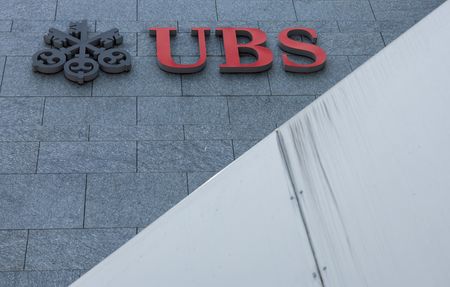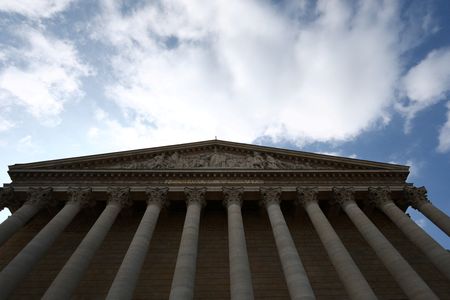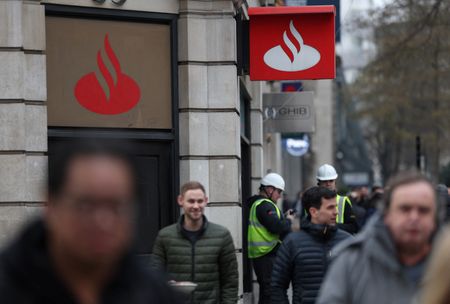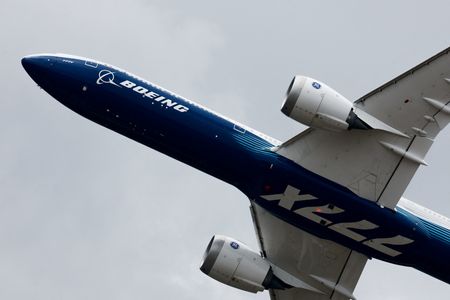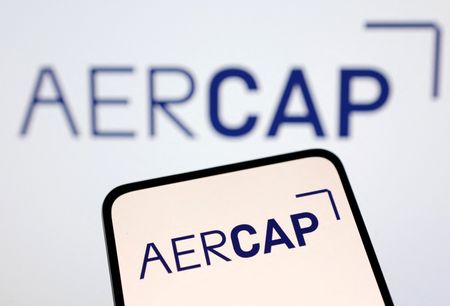By Akash Sriram and Zaheer Kachwala
(Reuters) -Apple’s quarterly results on Thursday are expected to show the company can spark a strong iPhone upgrade cycle even without the flashy artificial intelligence tools it has been slow to release, a delay that has dulled its appeal on Wall Street.
The consumer tech giant’s new iPhone 17 lineup that launched on September 19 has drawn strong early demand in crucial markets, including the U.S. and China, as a sharper display, larger storage options and an upgraded processor attract buyers.
While the July–September period captured only a few days of the new iPhone sales, the trend bodes well for the holiday quarter – Apple’s most lucrative as many consumers upgrade their devices then.
The numbers have also eased some fears that the company may fall behind rivals, such as Samsung Electronics, which have been quicker to refresh their devices with AI features.
Apple shares clocked their best quarterly gain in more than two years in the July-September period, rising 24%. The iPhone maker also became just the third company to hit $4 trillion in market value on Tuesday, but its stock still trails other members of “Magnificent Seven” for the year, for being an AI laggard.
“Apple is riding high into earnings with better-than-expected iPhone 17 sales in both the U.S. and China, buoying it back to top-smartphone-provider status,” eMarketer analyst Jacob Bourne said. “Yet the battle is far from won as questions about its AI standing linger.”
Research firm Counterpoint estimated iPhone 17 sales in the first 10 days were 14% higher than those of the previous series in the U.S. and China, with interest skewed toward higher-margin iPhone Pro devices.
The new lineup also lifted Apple’s September-quarter shipments in China, where it faces intense competition from Xiaomi and Huawei, a separate IDC report showed.
But demand for the slender iPhone 17 Air has been tepid due to its $1,000 price and single-lens camera. Pre-orders in China also began only in mid-October, much later than in the U.S., as carriers awaited approval to support the eSIM-only device.
Overall, Wall Street estimates that iPhone sales rose 8.6% to $50 billion, a record for the July-September period, which marks Apple’s fiscal fourth quarter, according LSEG-compiled data.
Total revenue likely rose 7.6% to $102.17 billion, while profit would total $1.77 per share.
The company, which has been moving more U.S.-bound iPhone production to India to offset tariff impacts, said in July it expects about $1.1 billion in costs from the duties in the period.
Some analysts said investors would also look for clarity on its AI plans after reports on high-profile departures, though Apple has delayed the rollout of its AI-powered Siri to 2026.
“They’re clearly challenged. They have not come up with any compelling offerings and they don’t seem to have a strategy that’s compelling enough to keep a lot of very high-end AI talent working there,” said Bob O’Donnell, president at TECHnalysis Research.
(Reporting by Akash Sriram and Zaheer Kachwala in Bengaluru; Editing by Aditya Soni and Shinjini Ganguli)


